Regardless of the socioeconomic index of the countries, the global prevalence of metabolic disorders has risen over the past two decades. The unchanging mortality rates attributed to metabolic diseases needs urgent attention. No single treatment exists and hence present pharmacotherapy requires consistent dosage of multiple drugs which becomes challenging for the patients. The risk of mortality with MetS and MetS like characteristics can be mitigated with improved adherence to healthy lifestyle. The protective effect increases with increased adherence score. Such non-pharmacological approaches need more generalization.
Urban Poor population is at more risk of developing metabolic syndrome due to urbanized lifestyle, poor access to healthcare, and financial limitations. They are also exposed to poor environmental conditions, such as overcrowding, insecure tenure, and/or poor access to infrastructure, such as sanitary facilities. Ignorance and difficult conditions in the slums are likely to result in improper food habits, low health care use and hygiene awareness, lack of knowledge of the origin of sickness and proper measures for cure. Limited studies are available on understanding the relation between various risky variables associated with MetS among urban slum settings and the need of multifaceted interventions for enhancing self management. In order to fill this existing gap, FHTS has been funded by ICMR to develop a model to examines cardio-metabolic risk factors such as diet and physical activity, stress and sleep and its interplay with living environment in facilitating self-management of MetS among adults living in urban poor settings of New Delhi. It also proposes to design, develop and pilot test an interactive, tailored internet and mobile enabled digital health intervention platform relevant to enhance self-management.

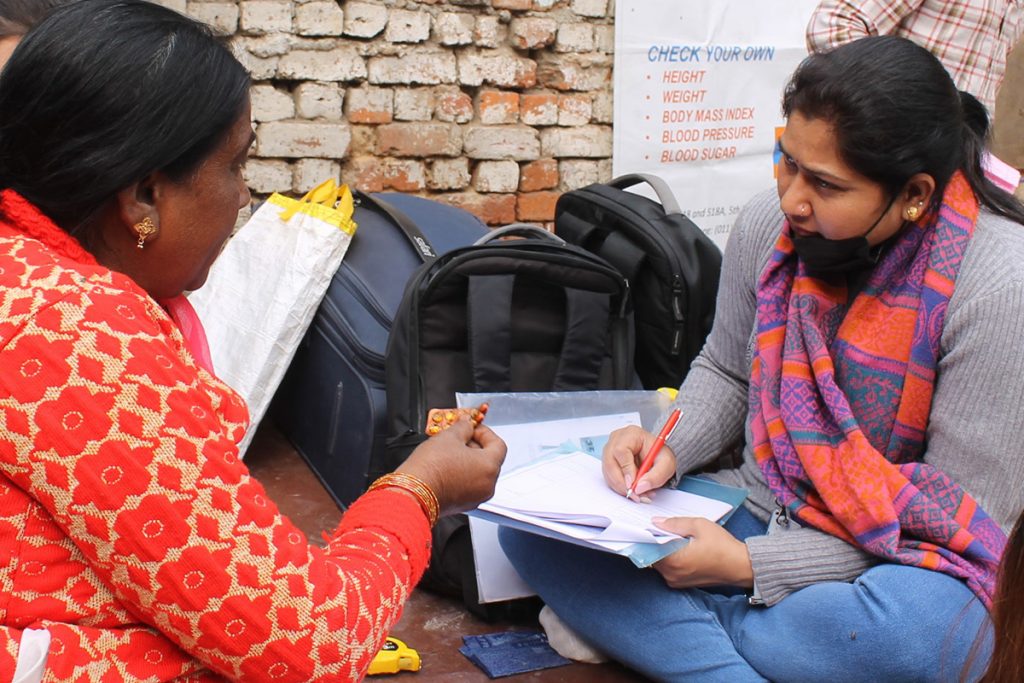
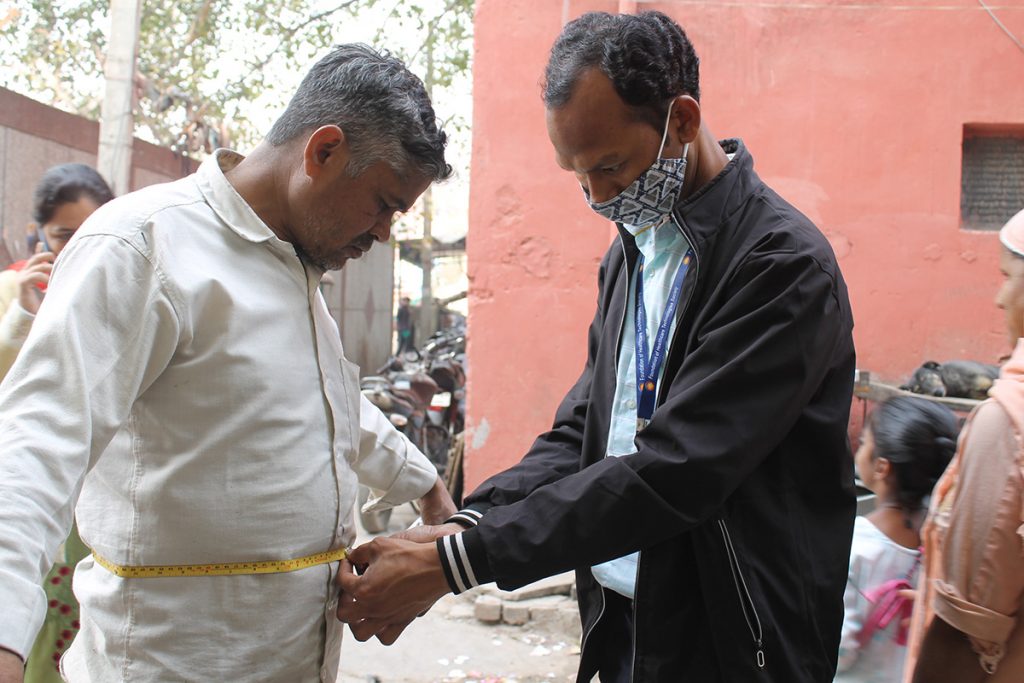
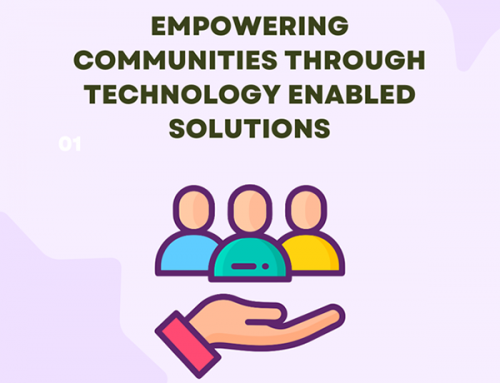
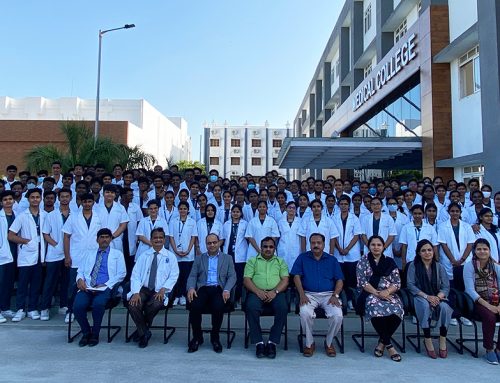
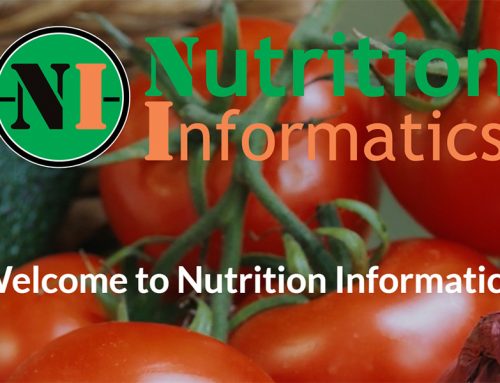

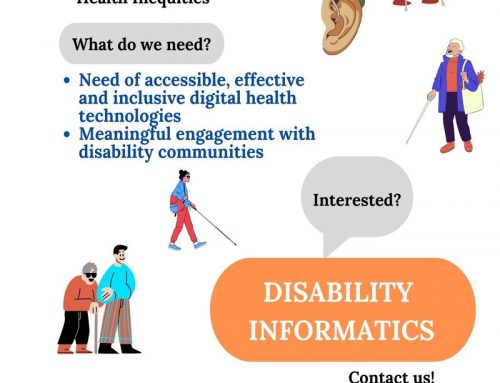
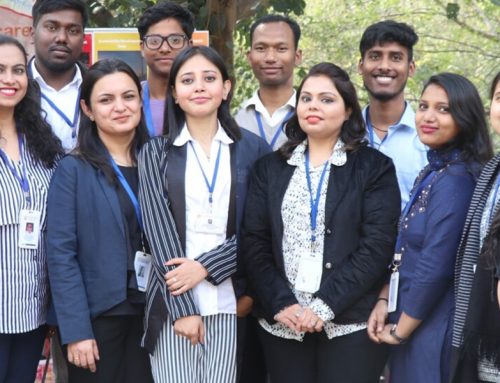
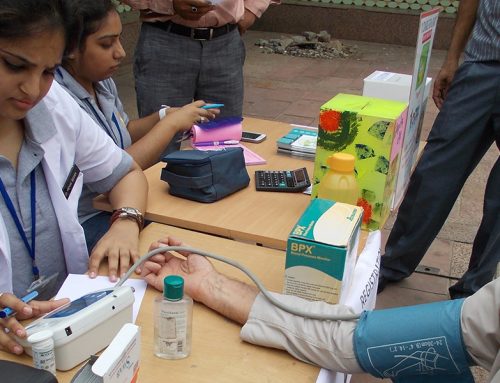
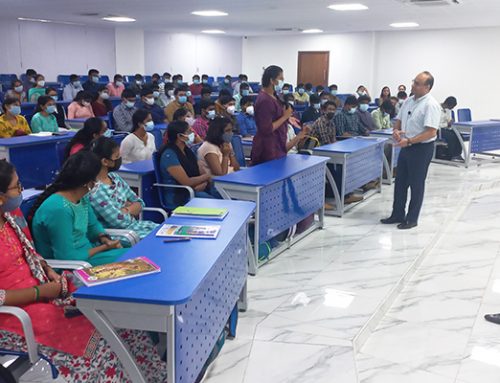
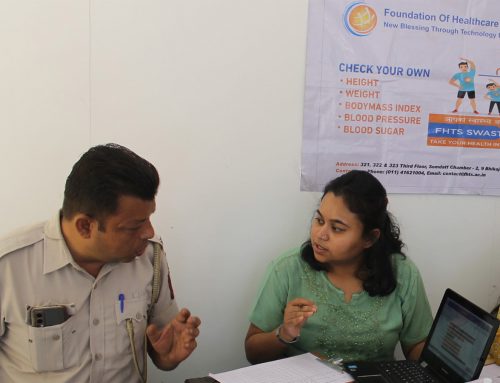
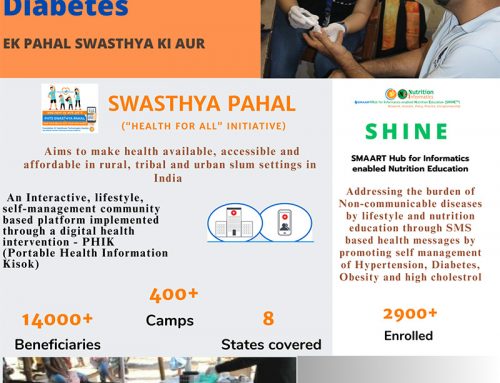
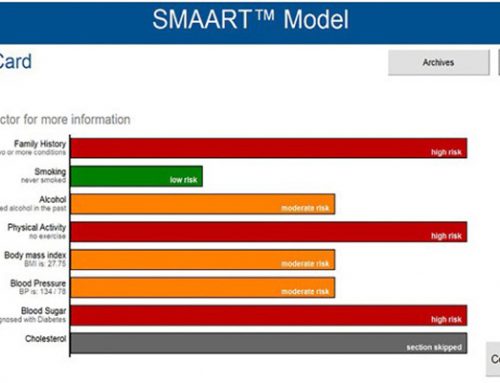
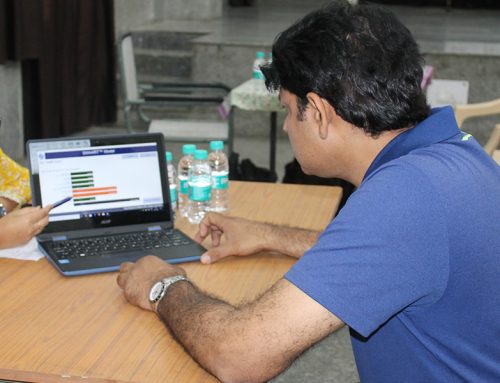
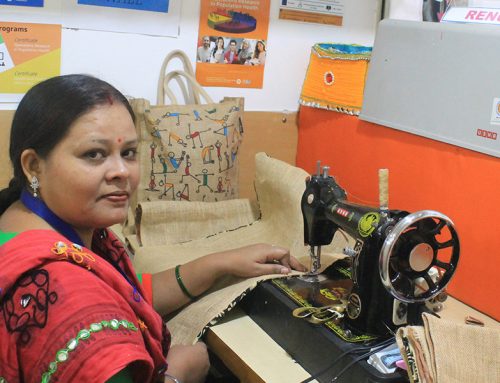
Leave A Comment